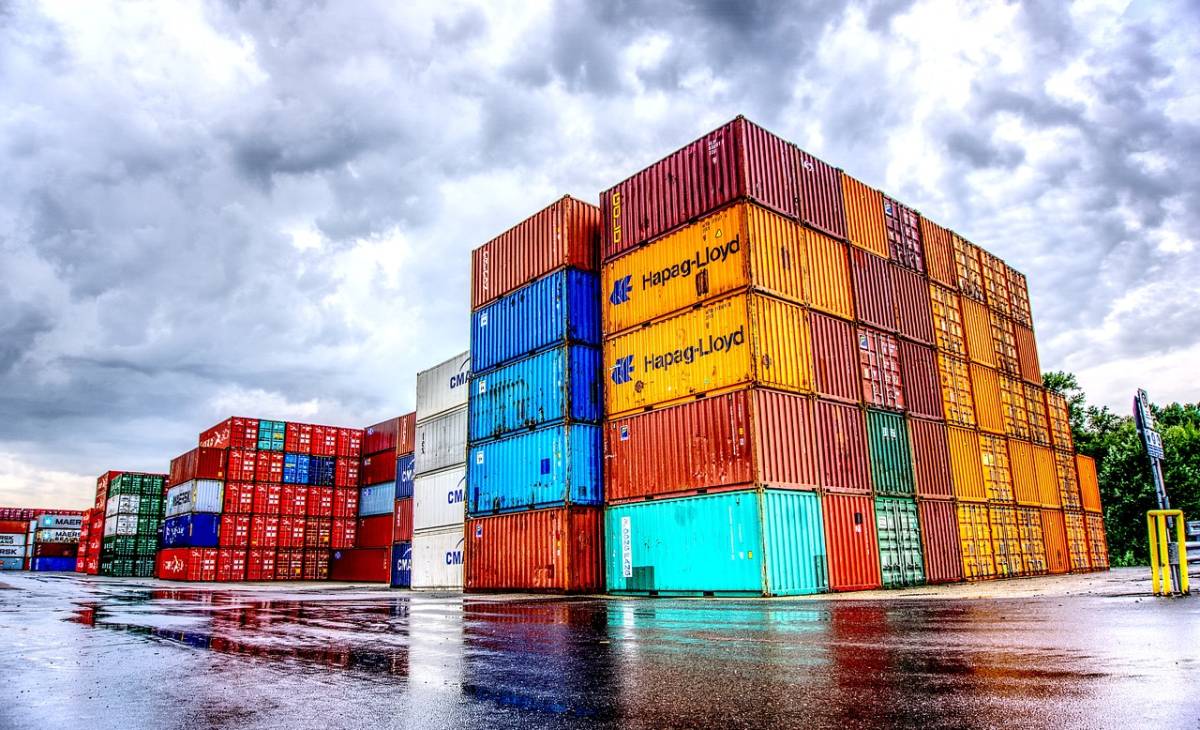UK Government delays border controls on EU goods once again
The United Kingdom government has once again postponed the commencement of import inspections for EU goods, pushing the deadline to January 2024. This is the fifth time such measures have been delayed since Brexit, with previous reports in early August hinting towards another potential deferment.
The postponed controls include sanitary and phytosanitary checks, which have been delayed for an additional three months and are now slated to be introduced from January 31, 2024. These inspections entail health certifications on imports of medium-risk animal products, plants, plant products, and high-risk food and feed of non-animal origin from the European Union (EU).
Subsequently, documentary and risk-based physical inspections on the aforementioned categories will be implemented in late April 2024. These protocols were formulated with assistance from the Scottish and Welsh Governments and in consultation with UK businesses as part of the Border Target Operating Model.
To enhance efficiency, phytosanitary certificates will be digitized starting in 2023, subject to the readiness of trade partners.
The move to delay controls comes despite significant risks highlighted by officials from inadequate controls. They cited a recent UK-wide Salmonella outbreak linked to chicken products from Poland which resulted in over 1 000 confirmed cases and potentially 4 000 unreported ones, costing an estimated £7.7 million ($9.7 million). Local authority inspections also discovered frozen, raw, and uncooked meat products labelled as suitable only for sale in the originating country across more than 280 UK retail outlets. Despite not testing positive for African Swine Fever, the mere presence of these products in the UK poses a substantial threat to the pig industry.
Reactions to the new model and revised timelines have been mixed. Nigel Jenney, CEO of the Fresh Produce Consortium, welcomed the government's decision, asserting that it will enhance UK biosecurity and promote self-regulation, thereby minimizing supply chain disruption. However, the Chartered Institute of Environmental Health (CIEH) pointed out ambiguities in the future charging mechanism for checks and stressed the need for clarity in the risk categorization of goods. The delay was described as "hugely frustrating" by the National Farmers Union (NFU) which pointed out that while EU goods have enjoyed easy access to the UK marketplace, UK farmers have been subjected to EU controls on exports. The International Meat Trade Association (IMTA) echoed similar concerns.
Despite the challenges, the UK government remains committed to implementing these changes, promising to provide the support businesses require during the transition period.
Source:






















